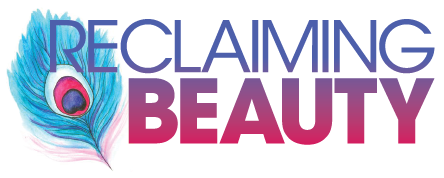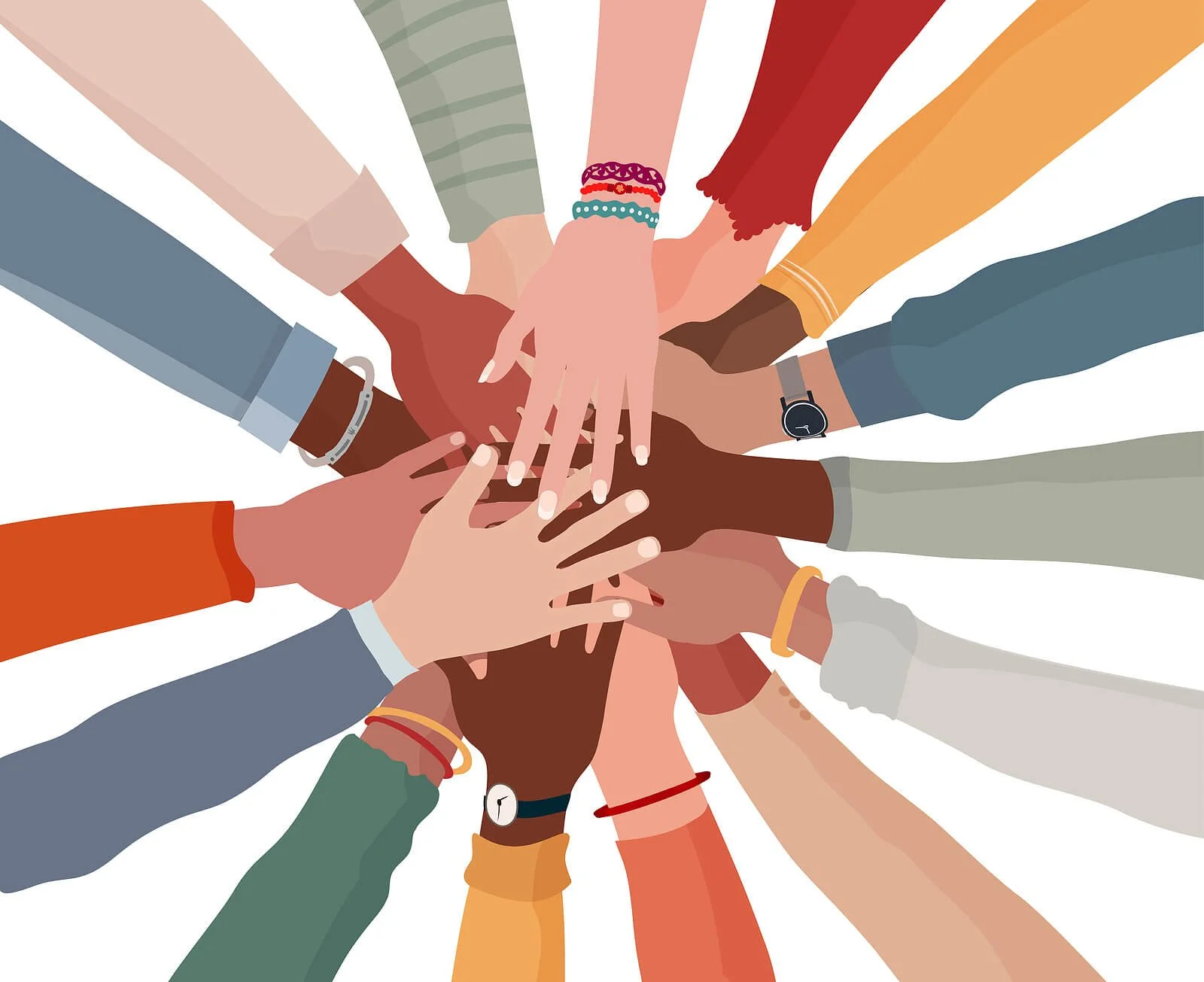POV: Your therapist has lived experience.
From Reclaiming Beauty Team Member April Figanbaum
Working with teenagers over the years, I have noticed a growing struggle with self-confidence and body satisfaction. It seems the more options we have for “connection,” the more we (and teens) tend to compare ourselves and our bodies to others. As you might remember from your own teenage years, many teens struggle with a desire to fit in and be “good enough.” Those feelings, combined with becoming your own person while not having a ton of control in your life, can leave teenagers feeling confused and stuck. Negative thoughts can take over. When I begin working with teens who are in this hard space, I like to share part of my own story. I see this sharing as a way to show them they are not alone in their struggles and that my support comes not only from theoretical knowledge but also from personal experience. I would like to share some of that experience with you.
My story
Growing up in rural North Carolina it seemed I was always surrounded by diet culture. There seemed to be a hyperfocus on how my body “should” look; how my body looked to others ALWAYS seemed to be connected to my worth. These beliefs along with some traumatic experiences combined to create feelings of sadness and low self-worth. I developed a need to control how I presented myself. This meant I needed to always show up perfectly. I needed to dress nicely, no matter where I was or what I was doing, and I needed to be skinny even if that meant I was exhausted, anemic, and starving. I needed to be consistently active and always, ALWAYS, ALWAYS seem happy–keeping any of my own needs to myself. I quickly learned that being skinny and not eating made people care about me, value me, and show interest in what I had to say. I believed that If I gained weight. especially if I was over a certain weight, I automatically wasn’t enough. Sadly, because of the influence of diet culture, sometimes those negative beliefs were confirmed by friends and family.
My heart truly breaks when I look back on photos of myself from that time in my life. I saw myself then as “so gross,” not pretty enough, or simply not enough. The hardest part for me is that no one seemed to notice or care that I was struggling I was absolutely miserable and was not healthy at all, but I was literally praised for being “so thin” and for being able to “work at an ice cream shop and still be so tiny” I fell into a constant back and forth pattern of not eating, hiding in my car to eat fast food, and self-harming when I ate “too much.” I went on like this for most of my teenage years into adulthood.
I was nineteen years old and in college when I realized what I was doing wasn’t healthy, wasn’t safe. I didn’t know who to call, what to do, or how to get help so I just kept living in it because it’s what I knew. It was even later when I realized that I had experienced trauma in my earlier years. Eventually, years later, I was able to get the support I needed and was able to heal and grow. Through that process, I came to realize that I wanted to offer a safe place for teenagers and young adults to come when they were struggling with similar things. I didn’t want anyone to have to struggle the way that I did and feel so lost or stuck in their eating disorder and negative thoughts.
My approach to toxic influences
So much of my struggle with worth and appearance was rooted in comparison, weight stigma, and diet culture. These toxic influences are even more a part of daily life for today’s teens than when I was struggling. Social media puts these triggers literally in their pockets twenty-four/seven! The comparison and worries about fitting in can feel constant. I believe that my lived experience allows me to support my clients from a place of true understanding and acceptance. I provide a safe space for them to explore their fears and test out their coping skills so they can challenge those negative thoughts and negative core beliefs and learn to feel connected to their bodies in a safe and trusting way. I also hope I can help them recognize and break through the barriers that weight stigma and diet culture have created.
Understanding Diet Culture and Weight Stigma
You may be wondering “What is diet culture? What is weight stigma? How do I know if my child is experiencing these things or if I am contributing to these things?” In case you are not familiar with the concepts, I would like to explain.
Diet culture is a belief system many Americans have adapted to or inherited that puts a value on weight and body size, often placing it above physical and mental health. Diet culture tends to idealize thinness and label foods as “good” or “bad.”
Weight stigma is the result of valuing thinness and promotes the belief that weight equals worth. As a result, the word “fat” has become extremely charged as a bad word, instead of being simply a general descriptor. When fat is bad and thin is good, “fat” people are less worthy and less good than “thin” people. While diet culture and weight stigma are not the only cause of eating disorders, they create an environment that can make it easier to fall into disordered patterns around food and harder to escape from them once you are there.
How can I help or what can I do?
If you or your teen is struggling with eating disorder behaviors disordered eating, or negative body image, please know that it is okay to seek help. I urge you to find a safe and supportive environment that is free of judgment and weight bias. If your teen is struggling, try to get curious with them. Ask questions and listen, allowing them the space to share freely without you trying to solve or fix anything. Lastly, be mindful of how you speak about yourself and others. Speak from kindness, acceptance, and curiosity. Practice gratitude for what your body does for you and show appreciation for the various shapes, sizes, and colors of all bodies. If you would like further guidance and support, either for your teen or for yourself, the therapists at Reclaiming Beauty are here to help.
From Reclaiming Beauty team member April Figanbaum, MA, LCMHC
Providing therapy to teens with evidence-based practice and genuine understanding
Seeking support for eating disorder recovery in Asheville, NC
Are you ready to support your teen in breaking free from diet culture and weight stigma? Join us in reclaiming a healthy relationship with food and self-worth. From fostering self-compassion to challenging negative thoughts, these practices will empower your teen to reconnect with their true self. If you're ready to help your teen embark on their recovery journey, follow the steps below!
Contact us here to make an appointment today.
Discover everything our eating disorder therapists in Asheville, NC have to offer!
Discover more steps to help your loved one break free from diet culture and weight stigma.
Other services our therapists offer in North Carolina:
Explore our range of services designed to promote well-being at Reclaiming Beauty! We offer eating disorder therapy to overcome disordered eating patterns, fostering a healthier relationship with food and self. Additionally, we offer embodiment coaching, guiding you on a journey of self-discovery, fostering self-compassion, and building resilience. Alternatively, experience the transformative effects of the Safe and Sound Protocol (SSP), a non-invasive auditory intervention designed to calm the nervous system and alleviate stress.




